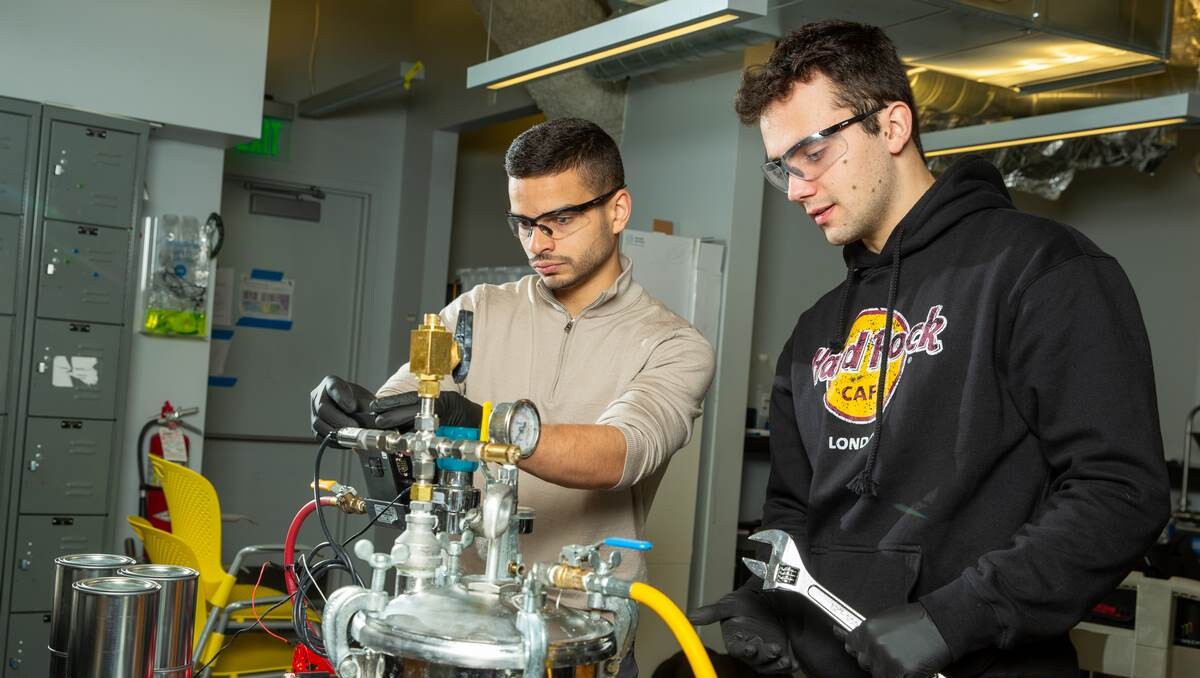An inventive team from MIT, led by researchers Aly Kombargi and Niko Tsakiris, has uncovered a sustainable chemical reaction that could power ships and submarines using hydrogen with zero emissions. This process combines aluminum pellets and seawater, presenting a potential alternative to fossil fuels for heavy machinery. The findings were published in a research paper.
The reaction is initiated by dropping pure aluminum into water to generate hydrogen gas. Kombargi, an MIT Ph.D. student in the Department of Mechanical Engineering, highlights the suitability of this method for maritime applications due to the abundant availability of seawater.
However, using non-pure aluminum, such as recycled soda cans, requires pretreatment with a costly alloy called gallium indium. This is due to the development of a protective oxide barrier when exposed to oxygen in the air, which inhibits the reaction.
Intriguingly, the team found that coffee grounds can significantly accelerate the process. Specifically, imidazole, an active ingredient in caffeine, reduced the reaction time from 2 hours to just 5 minutes.
With these components, it’s estimated that 1 gram of pretreated aluminum pellets can produce 1.3 liters of hydrogen in just 5 minutes. The researchers plan to trial this method in marine and underwater vehicles first, estimating that a reactor holding about 40 pounds of aluminum pellets could power a small underwater glider for around 30 days.
Despite its potential, there are safety concerns over carrying large amounts of volatile hydrogen gas aboard vehicles. To mitigate this risk, the team proposes using seawater as the hydrogen source and aluminum pellets as the onboard fuel – a concept reminiscent of how coal was once used in steamships.
This breakthrough in sustainable chemical engineering could be a stepping stone towards more zero-emissions technology. For further reading on advancements in hydrogen tech, visit the World’s First Electric Aircraft Flight Powered by New Liquid Hydrogen.
Additionally, check out the Pioneering Zero-Emissions Hydrogen Fuel-Cell-Powered Ship Successfully Tested in Japan for more on zero-emissions engineering.
Source: Good News Network






Leave a Comment